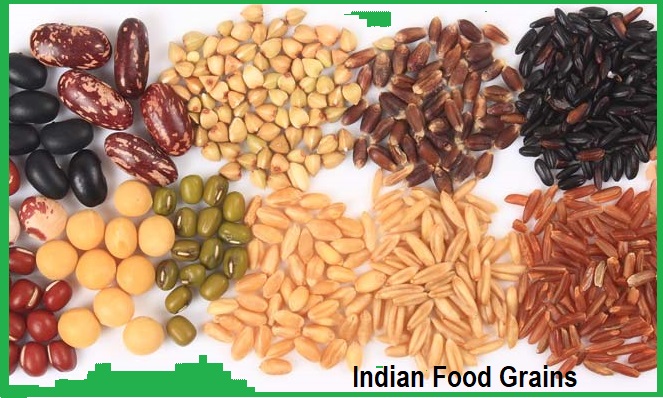
Know the Reasons Why Indian Food Grains are Popular and in High Demand in the International Market
Indian food grains have garnered significant attention and demand in the international market. The country’s rich agricultural heritage, diverse climate, and traditional farming practices have contributed to the production of high-quality food grains. The reasons behind the popularity and high demand for Indian food grains in the international market demand are.
- Variety and Diversity: India is known for its diverse range of food grains. From rice and wheat to millets, lentils, and pulses, the country offers a vast array of options. This diversity appeals to international markets seeking a wide range of grains to cater to different culinary preferences and dietary needs. Indian food grains are versatile ingredients that can be used in various cuisines, making them appealing to a global audience.
- Nutritional Value: Indian food grains are renowned for their high nutritional value. They are rich in essential nutrients like carbohydrates, proteins, dietary fiber, vitamins, and minerals. For instance, basmati rice, a popular Indian variety, is known for its long grains, distinct aroma, and low glycemic index, making it a healthier option compared to other rice varieties. Similarly, lentils and pulses are excellent sources of plant-based proteins, making them popular among vegetarian and vegan consumers worldwide.
- Organic Farming Practices: Many Indian farmers follow traditional and organic farming practices, focusing on sustainable agriculture. These practices emphasize the use of natural fertilizers, crop rotation, and minimal pesticide usage. This organic approach appeals to health-conscious consumers in the international market, who are increasingly concerned about the quality and safety of their food. The absence of harmful chemicals and pesticides in Indian food grains makes them desirable and promotes a healthier lifestyle.
- Cultural Significance: Indian cuisine has gained immense popularity globally, with Indian restaurants and food products becoming ubiquitous. The use of authentic Indian food grains adds an essential touch to these culinary experiences. The cultural significance of Indian food grains, such as basmati rice, which is a staple in many Indian dishes, attracts people who want to explore and savor traditional Indian flavors and recipes.
- Cost-Effectiveness: Indian food grains are often competitively priced compared to their counterparts from other countries. India has a significant advantage in terms of cost-effectiveness due to factors such as favorable climatic conditions, large-scale production, and efficient distribution networks. This affordability makes Indian food grains an attractive option for international markets, especially in regions where the cost of living is high.
- Government Policies and Export Promotion: The Indian government has implemented various policies and initiatives to promote the export of agricultural products, including food grains. These measures aim to enhance the quality, standards, and packaging of Indian food grains, making them more marketable and appealing to international buyers. The government also provides support in terms of financial incentives, subsidies, and infrastructure development, which further boosts the export potential of Indian food grains.
The popularity and high demand for Indian food grains in the international market can be attributed to their variety, nutritional value, organic farming practices, cultural significance, cost-effectiveness, and government support. The quality, authenticity, and affordability of Indian food grains make them sought-after commodities worldwide. As Indian cuisine continues to captivate global taste buds, the prominence of Indian food grains in international markets is expected to grow, benefiting both farmers and consumers alike.
